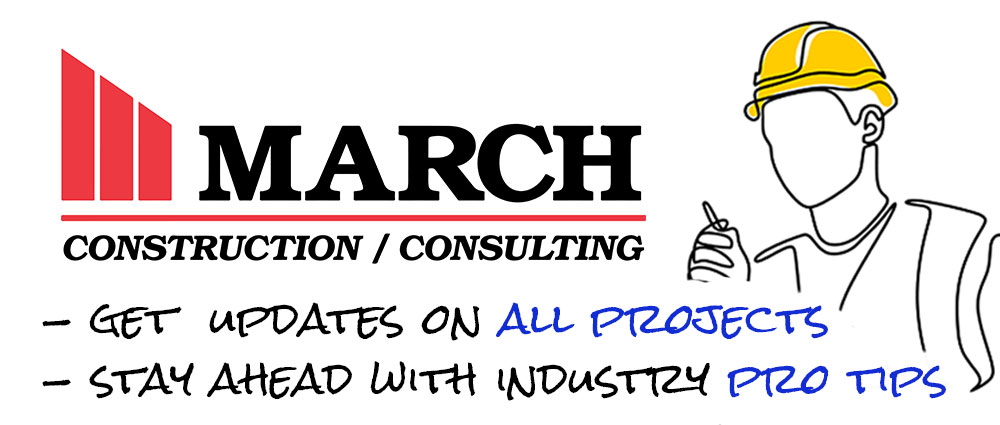
Crisis management is one of the main skills needed to be successful in the construction industry. It applies to project superintendents, owners, architects, design engineers, subcontractors and their employees performing work out in the field. It also applies to me as a Project Manager.
Today’s projects can be challenging with many moving parts. No matter how good you are at performing your job or great the plans may be, there is always a curveball to look out for. There are often project plans that just don’t work from a constructability point of view.
Considering the pressures of local building department requirements, you can potentially have a project-stopping issue that needs to be resolved fast to keep the project on schedule. The ability to manage these issues and solve these problems is tremendously important to the success of all parties involved.
Crisis can occur either periodically or suddenly. Construction Companies that can manage a crisis can estimate them ahead of time and distinguish them by their types. We take preventive measures, learn lessons, and recover as soon as possible.
The five different approaches to crisis management:
The Escaping Approach
This approach depends primarily on using observation to catch early warning signs and come up with prediction methods about the future before a crisis to avoid it. Creating work values, philosophy and culture to prevent future problems and have effective solutions in place.
The Solving Approach
This approach focuses on observing a crisis as it is happening and coming up with a unique solution to solve it. It also utilizes creating a workplace environment that prioritizes minimizing unnecessary risk, even if that is in opposition to potential growth.
The Proactive Approach
Having a dedicated crisis prevention plan and team that uses step-by-step measures to tackle crises.
The Reactive Approach
Depending on the kind of crisis, this approach can include aggressive decisions such as shrinkage, closing departments, restriction in additional services offered, or dismissal. While it can help with resolving an unexpected crisis, this is considered risky and is only used if no other approach can be established.
The Interactive Approach
This approach evaluates the crisis process before, during, and after the crisis to establish organizational learning and self-control mechanism, operating with clear rules and policy.
There are many different kinds of crises that can occur during a construction project, i.e. technological, financial, or safety. No matter the kind of crisis, the method for dealing with them is standard; Detect the early warning signals of a crisis, implement necessary precautions, and overcome it with minimal damage and financial losses. If a crisis does occur, we get it under control, take required measures after the crisis for recovery, and record the lessons learned.
My Story
In college, I realized how important the lessons I learned growing up would be later in my career. I was taking a Calculus I class for the second time when the professor pulled me aside to talk. She said she was impressed with my determination to overcome my previous failures and “train” myself to do the work and get the grade that I needed to pass. My professor even offered to write me a letter of recommendation in the future, because being “trainable” was a valuable asset to have in college, in a career, and life.
Nobody is perfect, but I believe I am a great Project Manager in the face of a crisis. I have a dedicated and diligent work ethic, patience, and the refusal to freeze up in the face of adversity. I think outside the box and have the common sense to recognize and accept the help of others. Most importantly, I have the courage and determination to come up with practical solutions to the occasional crisis, in addition to most problems that come up during the normal course of a project. All of these traits have helped me to get through some of the toughest projects that I have ever worked on.
I have an innate drive to lock onto a problem and not stop until it is resolved. No matter how many phone calls, e-mails, meetings, sketches, brainstorms, and RFI conversations I have had to tackle, I won’t stop until it is resolved. Maybe it’s the challenge, the satisfaction of solving a problem or averting a full-blown crisis that gives me the motivation. Maybe I feel compelled simply because it’s my job.
I think that in the construction field, just like any other, you need to have that internal drive to succeed and overcome obstacles! I am lucky that I love the work I do and the company that I work for. March Construction appreciates our hard work and dedication to getting the job done.
What do you do during problem-solving or crisis management in your career? Do you enlist the help of others, or take a step back to assess the situation and come up with a game plan?
Article by Project Manager Rob Rinaldo at March Construction





